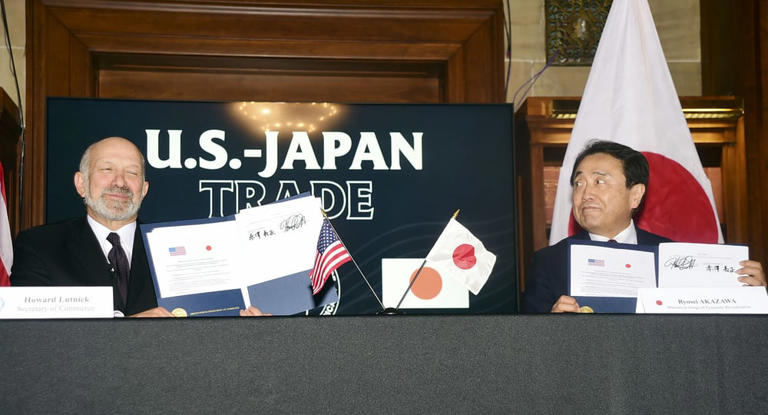In a significant development, the United States has decided to reduce its tariffs on Japanese automobiles, with the new lowered rates going into effect on the 16th. The decision marks a potential turning point in the heated trade relations between the two nations. The tariff reduction illustrates an attempt to de-escalate ongoing trade tensions, thereby fostering a more congenial economic climate. The exact impacts this move will have on Japanese auto manufacturers and trade balance remain to be seen.
Within Japan, the news is being received with mixed feelings. On one hand, Japanese automakers will likely welcome the lowered tariffs as a chance to increase their market penetration. Conversely, some fear that this may pressure domestic industries to ramp up production, possibly leading to overwork and social issues. Automotive industry is a significant part of the Japanese economy and tariffs affect the livelihood of many.
In comparison, the US and EU often use tariff reductions as negotiating levers, which are seen as a part of their broader economic strategies. This move appears similar to recent trade agreements in the EU where tariff reductions went hand in hand with other economic and diplomatic negotiations.

